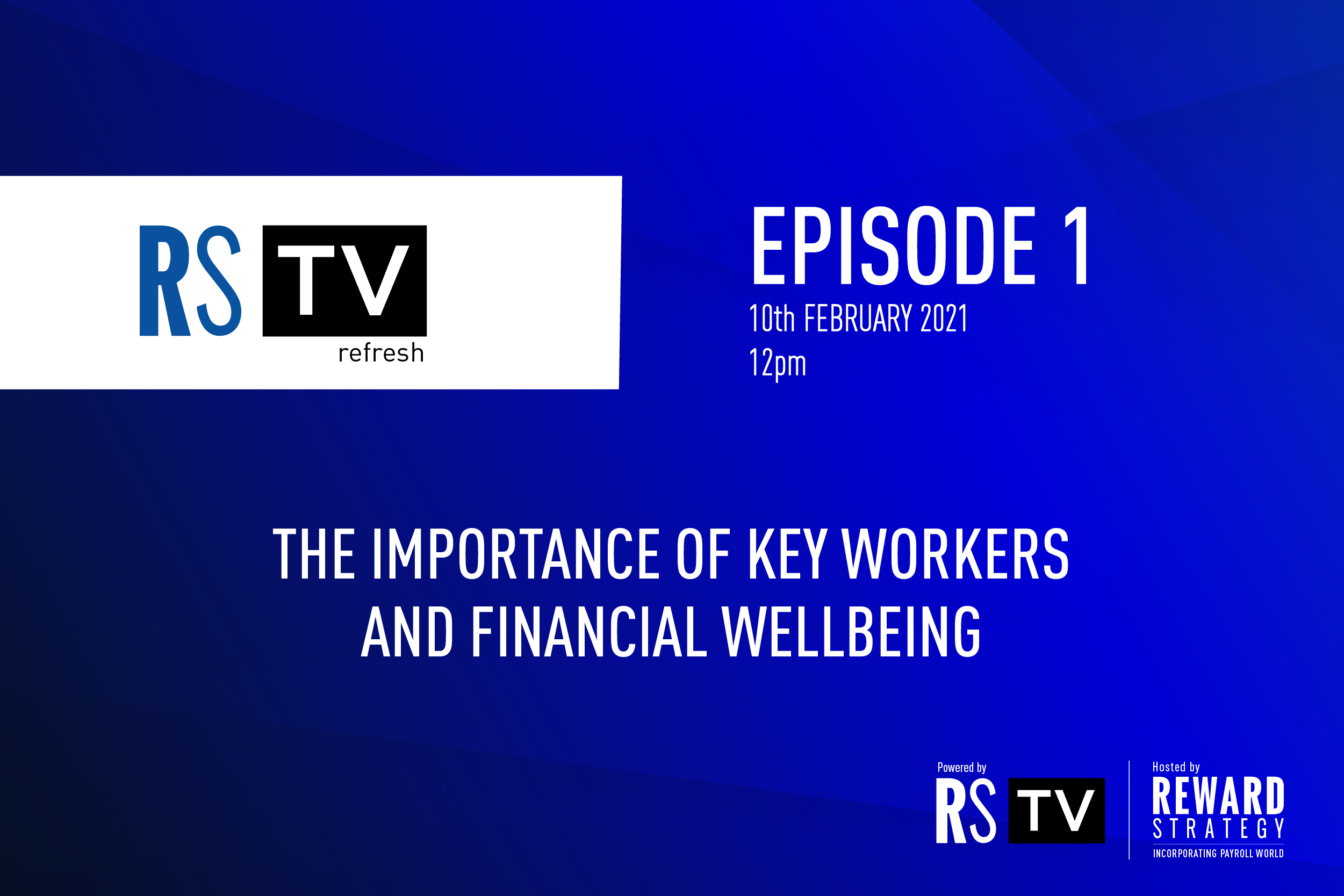Intelligence, community and recognition for pay and reward professionals.
Nationwide LGBT survey
The UK government has launched a survey on proposals to deliver greater equality for the LGBT (lesbian, gay, bisexual and transgender) community. This is a very difficult topic to approach as, undoubtedly, some people will be querying the acronym itself and whether this encompasses all individuals – for example, should it actually be LGBTI or LGBTIQ, to name only two? That is not the point of this blog at all and I am not going into that.

 Ian Holloway
Ian HollowayThe UK government has launched a survey on proposals to deliver greater equality for the LGBT (lesbian, gay, bisexual and transgender) community. This is a very difficult topic to approach as, undoubtedly, some people will be querying the acronym itself and whether this encompasses all individuals – for example, should it actually be LGBTI or LGBTIQ, to name only two? That is not the point of this blog at all and I am not going into that.
The survey is all to do with the LGBT’s perception and experiences of accessing and using public services. It also asks about experiences of discrimination, all in the name of shaping government policy in this regard and improving equality. This is quite interesting actually, as it does talk about workplace discrimination and openness of sexuality with different levels of staff. Perception and discrimination is very important and I would urge people to respond to this by 15 October 2017 (note that there are strict criteria to be eligible to take the survey in the first place).
You wonder what this survey will tell us about workplace attitudes and whether this will impact guidance or legislation and, therefore, workplace attitudes and behaviours in the future.
Launching the above survey, minister for women and equalities, Justine Greening, also spoke of an autumn consultation on future reforms to the Gender Recognition Act 2004. This is a highly complicated piece of legislation, with parts applying UK-wide but huge variances about the parts applying in each of the different UK nations. This not only highlights the different approaches in different parts of the UK but also indicates the different legislative competences of the devolved administrations.
We will need to keep an eye out for this autumn consultation. However, what seems clear at the moment is the intention to make it easier to change gender (administratively) by:
- scrapping the demand to provide two years’ worth of evidence showing that an individual has been living as the opposite sex, and
- doing away with the process of ‘psychologically sound’ medical checks.
Abolition or relaxation of the above would mean that a Gender Recognition Certificate is issued more swiftly and the individual is legally recognised with their acquired gender sooner. This addresses concerns about the right to an individual’s dignity in the workplace.
Both the survey and the pending consultation are welcome and overdue announcements and do seem to meet Mrs Greening’s objective of “building an inclusive society that works for everyone, no matter what their gender or sexuality”.






